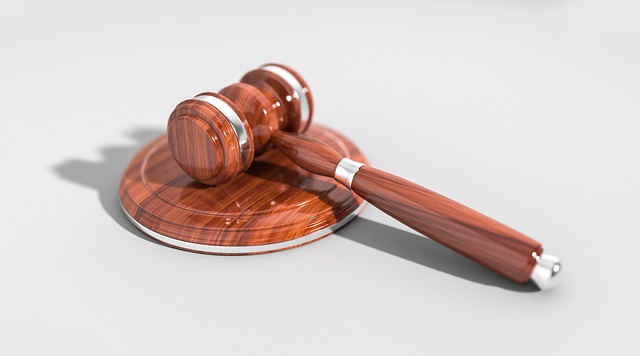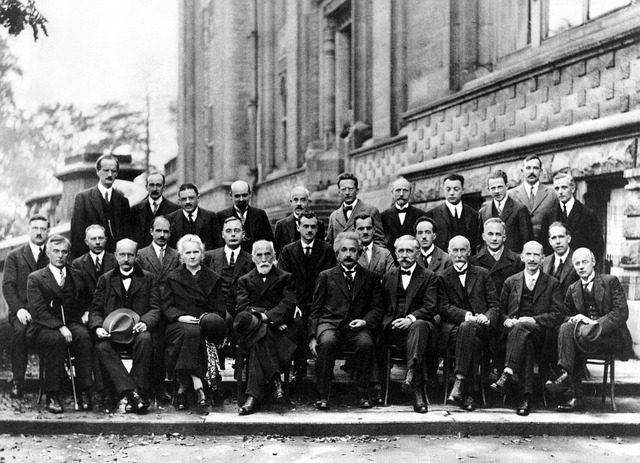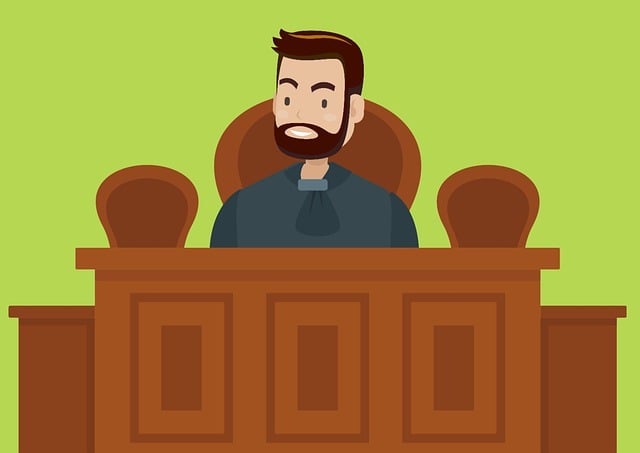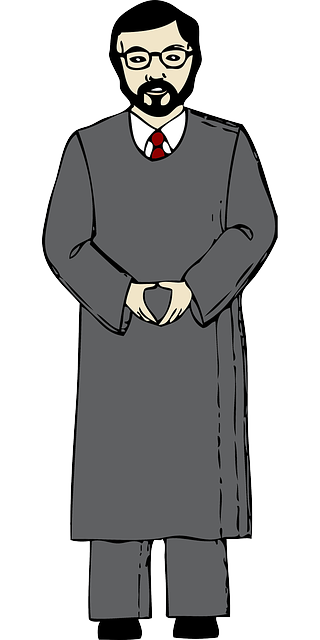Oregon's criminal justice system relies on a structured court network and legal advocates to balance public safety and rehabilitation. The process involves arrest, initial appearance, hearings, arraignments, trials, and plea negotiations. Legal advocates are crucial pillars, providing defense strategies, challenging evidence, protecting rights, and negotiating pleas. Access to criminal justice defense services is governed by eligibility criteria based on financial qualifications and case complexity. Strategic approaches include scrutinizing evidence and crafting narratives. Skilled attorneys navigate complex procedures, advocate for clients, and secure favorable outcomes. Oregon's support network includes legal aid organizations and community initiatives for emotional and practical assistance during the criminal justice process.
In Oregon, navigating the complex criminal justice system can be daunting for those facing charges. This article serves as a comprehensive guide for understanding your rights and exploring effective defenses. We delve into Oregon’s criminal justice framework, highlighting the critical role legal advocates play in ensuring fair representation. Learn about eligibility for criminal defense services and discover powerful strategies to mount a robust defense. Additionally, we explore the profound impact of skilled counsel and provide resources for accused individuals seeking support.
- Understanding Oregon's Criminal Justice System
- Role of Legal Advocates in Defense Cases
- Eligibility Criteria for Criminal Defense Services
- Strategies for Effective Criminal Justice Defense
- The Impact of a Skilled Criminal Defense Attorney
- Resources and Support for Accused Individuals
Understanding Oregon's Criminal Justice System

Oregon’s criminal justice system, like many others, is designed to balance public safety and rehabilitation. It operates through a series of courts, including district, circuit, and superior courts, each with specific jurisdictions. Understanding this structure is crucial for anyone involved in a criminal defense case. The process begins with an arrest, followed by an initial appearance where the defendant is informed of the charges against them. This is where legal advocates play a vital role, ensuring defendants’ rights are protected from the outset.
The system then moves through stages including preliminary hearings, grand juries, and arraignments, leading up to trial or plea negotiations. Legal advocates guide clients through these complex procedures, explaining their options and potential outcomes. They also interact with prosecutors, law enforcement, and judges, negotiating on behalf of the defendant to achieve the best possible outcome in a criminal justice defense case.
Role of Legal Advocates in Defense Cases

Legal advocates play a pivotal role in criminal justice defense cases in Oregon, ensuring individuals accused of crimes receive robust and effective representation. These advocates act as champions for their clients’ rights, guiding them through complex legal systems often fraught with challenges. They conduct thorough investigations, gathering evidence to build a compelling defense strategy tailored to each unique case.
By leveraging their expertise and knowledge of the law, legal advocates challenge the prosecution’s claims, protecting the defendant’s constitutional rights. They negotiate plea bargains when beneficial for the client, or they advocate passionately in court, aiming to achieve the best possible outcome. Their efforts are crucial in safeguarding the integrity of the criminal justice process, ensuring fairness and due process for all Oregon residents facing criminal charges.
Eligibility Criteria for Criminal Defense Services

In Oregon, individuals facing criminal charges have the right to legal representation for their defense. However, eligibility criteria play a significant role in determining access to criminal justice defense services. Typically, defendants must meet certain conditions to qualify for public defenders or court-appointed counsel. These include financial qualifications, where the defendant’s income and assets are assessed to ensure they fall below a set threshold. This ensures that those with limited means have affordable legal support throughout their case.
Beyond financial eligibility, other factors may influence access to criminal defense services. The complexity of the case, including charges and potential sentences, is considered. Cases involving serious felonies or those with significant legal implications often require specialized knowledge, ensuring defendants receive adequate representation. Understanding these eligibility criteria is crucial for individuals seeking criminal justice defense in Oregon to navigate their legal options effectively.
Strategies for Effective Criminal Justice Defense

In the pursuit of a robust criminal justice defense, legal advocates employ diverse strategies tailored to each case’s unique circumstances. One key approach is thoroughly examining the evidence, questioning its validity and reliability, and identifying potential inconsistencies or gaps. This meticulous process aims to cast reasonable doubt in the minds of jurors or judges, ultimately challenging the prosecution’s case strength.
Additionally, effective criminal justice defense strategies involve building a compelling narrative that humanizes the accused, highlighting extenuating circumstances or mitigating factors. This may include showcasing character witnesses, presenting expert testimony, and utilizing forensic analyses to counter the prosecution’s arguments. By presenting a well-rounded defense, advocates ensure their clients receive fair treatment within the legal system.
The Impact of a Skilled Criminal Defense Attorney

A skilled criminal defense attorney plays a pivotal role in Oregon’s criminal justice system, serving as a beacon of hope and protection for individuals facing charges. Their expertise isn’t merely about knowing the law; it involves a deep understanding of complex legal procedures, evidence handling, and strategic maneuvering within the courtrooms. These attorneys are adept at challenging the prosecution’s case, uncovering weaknesses, and presenting compelling arguments to protect their clients’ rights.
Their impact extends beyond the courtroom, offering invaluable support during stressful times. They guide their clients through the intricate legal landscape, explaining their options clearly and advocating for the best possible outcomes. By employing robust defense strategies, these attorneys can often secure favorable resolutions, reduce sentences, or even achieve the dismissal of charges. Their presence ensures that justice is not only sought but also served fairly and equitably in Oregon’s criminal justice system.
Resources and Support for Accused Individuals

In Oregon, accused individuals have access to a range of resources and support services designed to assist them in navigating the complex criminal justice system. Legal aid organizations play a crucial role by providing free or low-cost legal representation for those who cannot afford private counsel, particularly in criminal defense cases. These organizations often offer workshops and educational programs to empower defendants with knowledge about their rights and the legal process.
Additionally, support groups and community services help accused persons cope with the stress and anxiety associated with criminal charges. Many such initiatives focus on providing emotional support, legal advice, and practical assistance, ensuring that individuals facing criminal justice issues receive comprehensive backing throughout their case. This network of resources underscores Oregon’s commitment to a fair and just criminal justice defense system.














